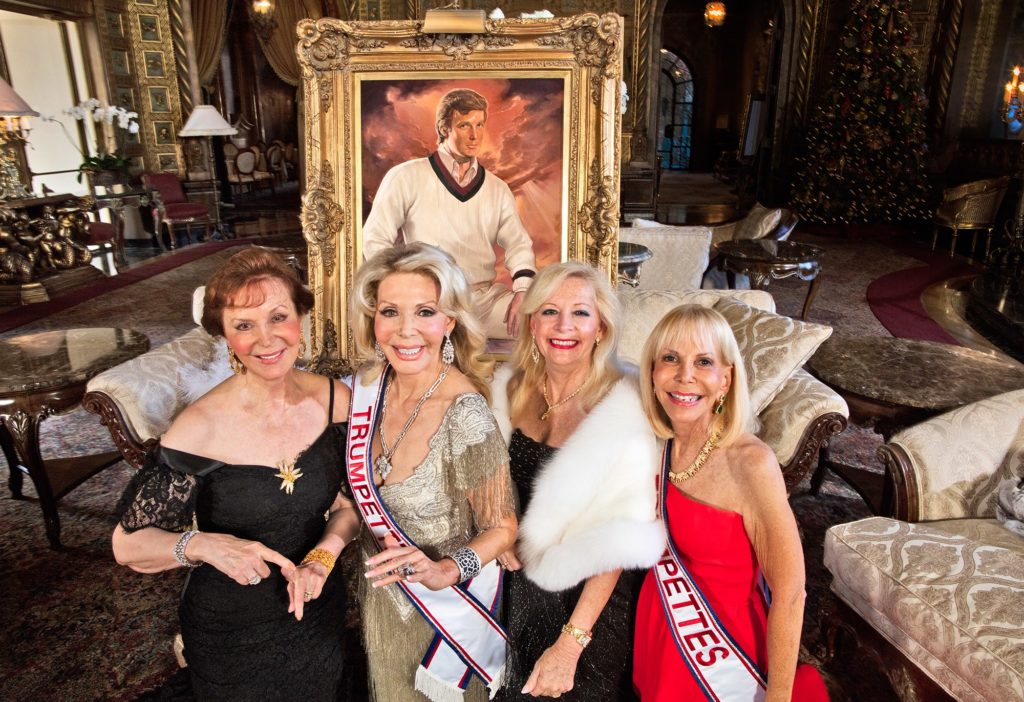The Zombie Lie of “economic anxiety”

It seems that no matter how much evidence to the contrary emerges the idea that Trump happened because, say, Obama didn’t frog-march Timothy Geitner to Gitmo seems to flourish. I’ve said before that this way of thinking is misguided, and condescending to voters who chose Trump, but I usually feel as if I’m screaming into the void. Perhaps if a nice white man says it, however, people will listen. (Though I doubt it because people on the right, as well as The Internet’s Dumbest Leftists have a lot invested in keeping this lie alive.)
Be that as it may:
“The best evidence we have suggests the synthesis is right, but we’re getting the causality backward. In their book Identity Crisis: The 2016 Presidential Campaign and the Battle for the Meaning of America, political scientists John Sides, Michael Tesler, and Lynn Vavreck analyze reams of data and show that racial resentment activated economic anxiety, rather than the other way around: Before Obama’s presidency, how Americans felt about black people did not much affect their perceptions of the economy. After Obama, this changed. In December 2007, racial resentment—which captures whether Americans think deficiencies in black culture are the main reason for racial inequality—was not related to whites’ perceptions of whether the economy was getting better or worse, after accounting for partisanship and ideology. But when these exact same people were re-interviewed in July 2012, racial resentment was a powerful predictor of economic perceptions: the greater someone’s level of racial resentment, the worse they believed the economy was doing.27 This is unnerving data, as we tend to imagine the economy as a rare subject on which objective facts, rather than group conflicts, drive opinions. Sadly, no. Sides, Tesler, and Vavreck analyzed polling on economic sentiment and found that “Republicans in the highest income quintile, those making more than $100,000 per year, were actually slightly less satisfied than Democrats in the lowest income quintile, those making less than $20,000 per year.” In general, economic anxiety did not predict which candidate people voted for, and what relationship did exist was no stronger in 2016 than in 2012. This was borne out in the election’s aftermath. According to Gallup’s polls, Trump’s election led to a remarkable 80-point jump in economic confidence among Republicans and a 37-point fall among Democrats. The economy since Trump took office has mostly shown the same trends from the final years of Obama—job growth, in fact, has been slightly slower—but his coalition’s confidence continued to soar, even as they lived under much the same economy that so depressed them in 2016. Indeed, new data collected by Tesler shows that the most racially resentful are now the most economically optimistic.“
But wait, there’s more.
“Another problem for the economic anxiety hypothesis is that the victories of the populist Right have been much more striking and widespread than those of the populist Left. Plenty of countries feature political parties offering ambitious economic agendas designed in response to the financial crisis. It takes a special kind of condescension to believe voters suffering economically are so distracted by the identity politics of the Right that they have overlooked the direct solutions to the economic problems offered by the Left. “Anyone who wants to explain what’s happening in the West needs to answer two simple questions,” writes the political scientist Eric Kaufmann in his book Whiteshift: Populism, Immigration, and the Future of White Majorities. “First, why are right-wing populists doing better than left-wing ones? Second, why did the migration crisis boost populist-right numbers sharply while the economic crisis had no overall effect? If we stick to data, the answer is crystal clear. Demography and culture, not economic and political developments, hold the key to understanding the populist moment.”29 None of this takes away from the fact that economic anxiety is real, or that more broadly shared economic growth would be good for our politics. But it does suggest economic anxiety cannot explain away our political or cultural divisions. Indeed, Trump himself is proof of this: he calls the economy under his watch a “miracle,” but that has not led him or his supporters toward a gentler stance on immigration or less concern over NFL players kneeling to protest police brutality. A better economy would be good for the country because a better economy would always be good for the country. But it will not allow us to vault over the difficulties of a browning, secularizing America.”
The preceding quotes come from Ezra Klein’s new book “Why We’re Polarized.” It’s an extremely readable book, especially for a simple Hyper-Chicken like myself. It’s also remarkably informative without being dry and even occasionally funny. I highly recommend it.
To be clear, I’m happy there are people who want to talk about economic anxiety–real economic anxiety. The kind that’s felt by actual poor and working class people–people who empty our bedpans and paint our nails and probably aren’t white and male. I’m on board with anyone who wants to talk about economic anxiety in a way that doesn’t center white men in hard hats. Otherwise, I’ll just be over here, shooting this zombie lie in the head.


